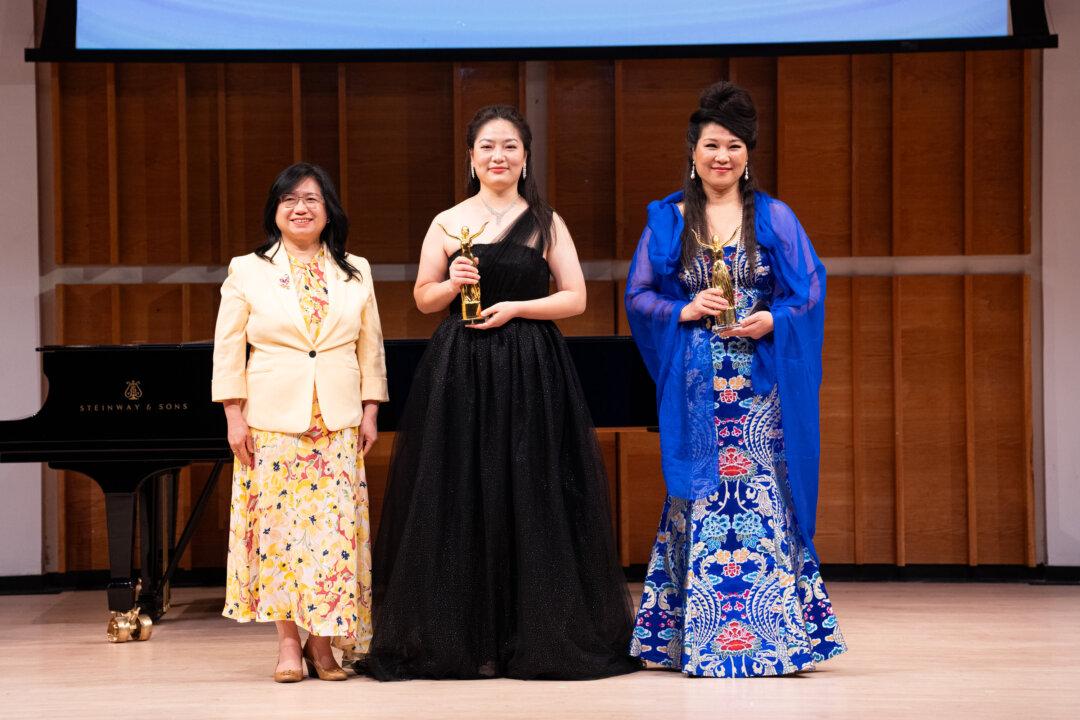Perhaps due to popularized notions about Western luxury, the European-style butler is making his revival in the Far East. Attracted to the trappings of nobility, China’s nouveau riche pursue extravagance in their consumption and lifestyles, which has boosted the age-old profession.
Status symbol aside, hiring a butler and other domestic workers makes sense for those who own multi-million-dollar homes and do not have the time or ability to manage the property.
Butlery has become big enough on the Chinese service sector that the Netherlands-based International Butler Academy opened a branch in the city of Chengdu, southwest China. The school seeks to bridge the cultural and linguistic gap that comes with the employment of high-end Western domestic workers by wealthy Chinese. It also trains Chinese butlers.






